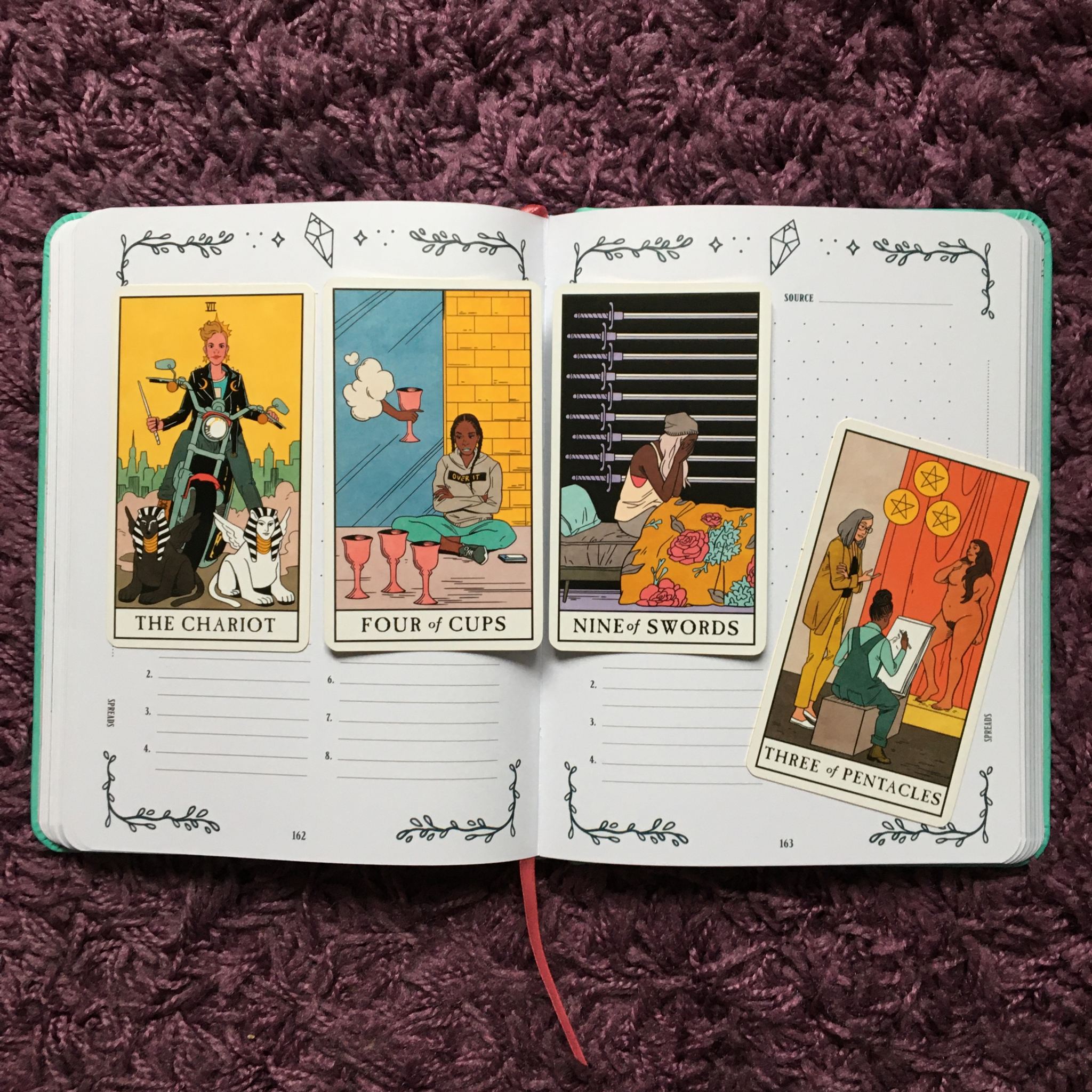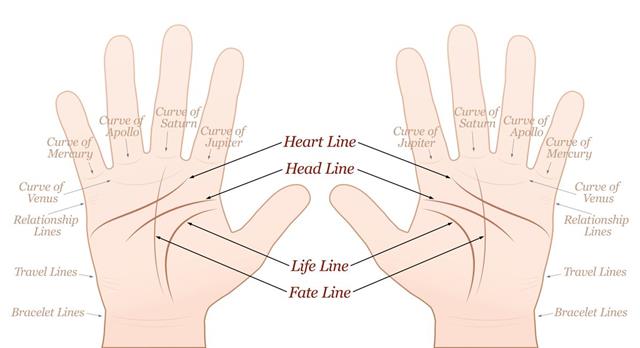
Tarot cards are a great way to find your truth, whether you're trying to connect with someone you care about or yourself. These cards feature unique symbols that correspond with specific elements of Astrology and can provide guidance on how you should handle any situation. These cards can help you manifest a better life.
It is important that you find a deck you like when you start to read tarot cards. Many people know the best deck for them, but there are many options. The majority of decks include a guidebook explaining the symbols and meanings of each card.
You should also practice your readings. Reading tarot cards is a great way to learn how to integrate intuition with book knowledge. You'll notice patterns in the meanings when you practice reading. You will also feel more confident reading the cards. This will improve your intuition, and allow you to use tarot more often.

A typical tarot board is divided into four different suits: cups (wands), pentacles (swords), or wands. These suits represent various aspects of life, including emotional matters, intellectual intrigues, physical realities, and relationships. There are many interpretations of each suit, so some readers prefer three cards spreads.
A three-card spread is a great way to get started with tarot cards for beginners. This is a quick way to get started reading tarot card decks and to connect your future with your present. You can then adjust the spread to accommodate the situation you're facing. The spread can be adjusted to reflect your current situation, the future, or both. You can also adjust the spread to address a particular challenge or provide more details.
There are many other spreads that can be used to gain a more detailed understanding. These spreads include the Celtic Cross, the Tree of Life, the Pentagram, and the Tetractys. You may prefer to use more cards than you originally thought. A five-card spread gives clarity and illumination. Purple Garden even offers real-time advisers, which lets you schedule a reading as well as order it.
A journal can help you to gain a better understanding of the cards. You can also write down your thoughts about each card. Meditation can help you to feel the card is for you.

If you're still feeling a little unsure of what you're seeing, try asking yourself questions. Try to come up with an open-ended question that will allow you to see the cards' answers. Start with something like "What's the best course of action for me?" Instead of "Will it make me happy?" you'll get actionable results. If you ask a question that is more specific, like "Will I be happy in this relationship if I get promoted? If you answer "Yes", you will be locked in to a passive job.
You should also remember that tarot card readings don't need to be memorized. Instead of trying to memorize all the information, you can practice with a video or guidebook and do a few readings.
FAQ
What are educational hobbies?
An educational hobby involves a sport or other activity where you can learn something from doing it. You could choose to learn how to play an instrument or play sports.
It should be enjoyable and fun for you. While you don't need to do it every day, if bored you might consider other activities.
Also, you need to be careful not to spend too much on these activities. They can end up costing more than you think.
What are the best ways to find a hobby?
When you first start your journey into finding a hobby, you may feel like you've got nothing to choose from.
You might be thinking "I'm not very creative" or "I am terrible at sports" or even "I don’t know anything”.
However, it is likely that you already have a lot to draw on when searching for a hobby.
It's just that you haven't realized it yet.
Take a tour of your house. Do you have a lot of stuff?
Do you have any old toys lying around that could be used?
You might have a collection.
You might have always wanted the ability to cook.
Maybe you want to get back into playing the guitar.
Whatever your hobby, it's possible to make it a hobby.
The key is to realize that you already have plenty of experiences to draw upon.
You'll find a hobby that fits your lifestyle once you do.
What are some good hobbies ideas?
Your favorite hobbies are ones you enjoy. If you enjoy what you do, it will be much easier to keep going. This will give you a reason for not feeling well, or tired.
We all have hobbies that we love and know. These include painting, crafting, photography, cooking and sports.
Another option is to volunteer at a local charity shop.
You might be looking for something more adventurous. Why not take up scuba diving, rock climbing, sky diving, bungee jumping, white water rafting, sailing, surfing, canoeing, kayaking, horse riding, zip lining, hang gliding, paragliding, skydiving, snowboarding, skiing, mountain biking, hiking, camping, fishing, hunting, archery, shooting, clay pigeon shooting, target shooting, golf, tennis, swimming, snorkeling, windsurfing, waterskiing, kitesurfing, wakeboarding, standup paddle boarding, hang gliding, parasailing, hot air ballooning, paragliding and many more.
You can spend your time outdoors in many different ways, including spelunking, snowshoe hiking, snowshoe hiking and more. These include caving.
Why do we need hobbies?
Hobbies are a vital part of our lives as they allow us to unwind, relax, think creatively and exercise. They also give us the opportunity to socialize, network, and have fun. They also provide us with opportunities for learning new skills and developing valuable life-long interests.
Hobbies give us meaning and purpose in life.
These are a great way for you to have some free time, even if there isn't much else.
They are fun!
If you don’t make time for a hobby then it’s probably not worth your time.
So take a look at all the options available to you. You might consider starting a hobby if you don't already have one.
How do you get started with your new hobby or interest?
The first step toward starting any new hobby is to decide what kind of activity you'd like to pursue.
After you've decided on your subject, it is important to feel passionate about it.
It is crucial to know why you want to pursue a hobby. It will provide you with direction and purpose.
Once you decide what kind of hobby you want, you can start planning.
Take a look at the equipment you will need.
Consider whether you need to attend classes or seminars.
You must ensure you have enough room for your hobby.
A club or group might be something you consider. These groups can offer support and guidance.
Also, consider how much money your hobby would cost.
Can I make money from my hobby?
Many hobbies can bring in extra income.
If you are passionate enough about your hobby to decide to sell it,
For example, if you collect stamps, you may want to set up a website selling rare stamps.
This allows you to make additional income, without having the hassle of actually purchasing and selling stamps.
Another option is to create a YouTube Channel where you can talk about your hobby.
This allows you share your passion and generate revenue by creating premium content.
Is it possible to become rich from a hobby?
Not necessarily.
You could be wealthy if you have a passion for starting your own business.
For example, let's say you're a fan of cooking. You love to eat healthy food, so you decided to open up a restaurant.
You only serve organic, homemade meals and you charge a small amount to customers to cover labor costs.
You will eventually be able to grow your client base and hire people who are willing to work with you.
You can eventually expand your menu to include vegan and gluten-free dishes.
This is how you have created a successful company that has enabled you to enjoy the lifestyle you desired.
However, you don't have to quit your day job.
You could, instead, run your restaurant while also maintaining your regular 9-5 work schedule.
Statistics
- Studies show that just six minutes of reading can reduce stress levels by 60 percent. (oberlo.com)
- This 100% accurate personality-analyzing hobby quiz discovers your passion based on your characteristics. (quizexpo.com)
- A new survey by Pew Research Center of teens ages 13 to 17 finds that 36% of girls feel tense or nervous about their day every day; 23% of boys say the same. (pewresearch.org)
- Much of this decline reflects the fact that teens are less likely to work today than in the past; among employed teens, the amount of time spent working is not much different now than it was around 2005. (pewresearch.org)
- I am 100% biologically a woman (discover.hubpages.com)
External Links
How To
How to get started gardening
Gardening is one form of agriculture that dates back to the beginning. It requires patience, persistence and determination. The first step in starting your own garden is choosing a location where you want to grow food. This could be a large plot of land or even just a small area in your backyard. Next, pick the type of plants that you would like. Do you prefer flowers or vegetables? Some people enjoy growing herbs and others prefer raising livestock like rabbits. Before you decide on the type of crops you want to plant, it is important to consider the space available. If you live in a region that experiences cold winters then it is possible to grow fruits and berries.
Once you have made your choice, it is time to prepare the soil. How your plants perform is dependent on how well the soil you use. Good quality soil contains organic matter that helps feed your plants' roots. Organic matter includes leaves, twigs (grass clippings), manure, compost, and manure. You need nutrients to your soil after you have prepared it. You might need different amounts, depending on the species of plants that you want to grow. A fertilizer calculator online can help you determine these values. There are many fertilizers to choose from, so it is important that you are familiar with the product you are using.
After you have prepared the soil and added nutrients, it is time to wait for your seeds germination. The process typically takes 2 to 3 weeks depending on the weather conditions and temperature in your area. Once your seeds are sprouted, you must water them regularly. Overwatering your plants can lead to problems. Make sure to give your plants water at regular times and not overwater. Overwatering your plants can lead to root disease and fungal infections. When watering your plants, remember that most plants require less water during the warm summer months than in winter. Remember that some plants require drying out after being watered. For example, tomatoes need to stay slightly moist but not wet. They don't like to sit in soggy soil. After they have finished flowering, they must go dormant. When plants stop producing new growth, they go dormant and start storing energy for next season's harvest. The plant ceases sending signals to its roots to produce food during dormancy. Plants continue to store energy throughout this period. Plants will soon die if they are exposed to too much or too cold temperatures.
Urban areas can limit your choices for plants. Concrete sidewalks, roads and buildings are common in urban areas. They block sunlight from reaching the ground. Concrete absorbs sunlight, which prevents the soil beneath from getting enough sun exposure. Many plants are unable to survive in urban areas due to the lack of sunlight. However, many plants can still thrive in urban environments. Many trees, shrubs, perennials, and other plants can adapt to urban life. Many annuals can be grown indoors, too, in containers. You can grow fresh greenery year-round in containers.
You are now ready for planting!